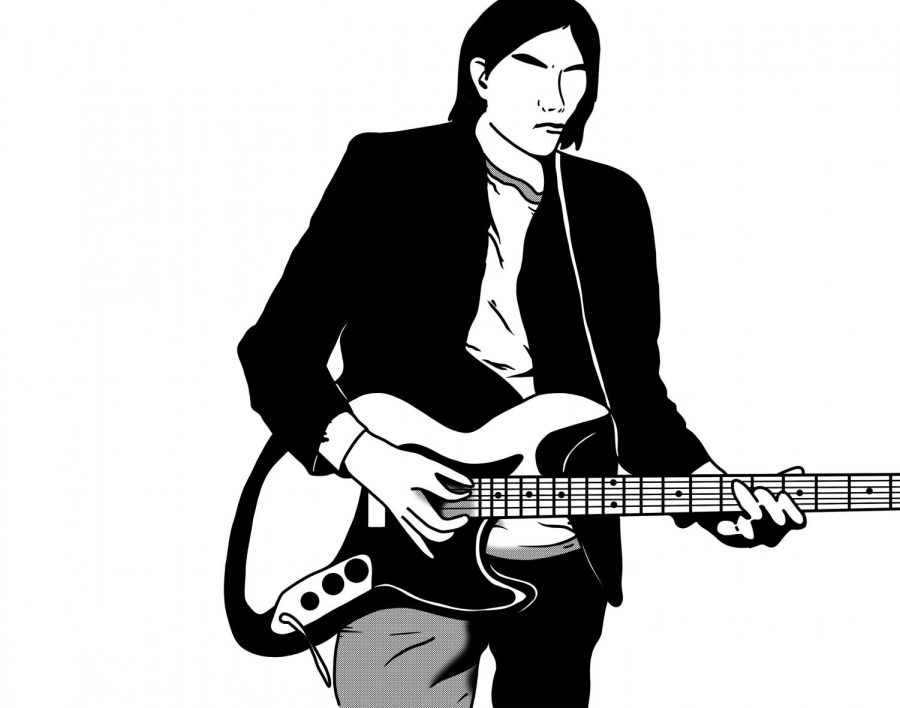At the beginning of 2019, I felt I had no serious ambitions, or any skill that I was particularly good at. I knew what I liked, but felt confined to the familiar. This made me feel uneasy.
The field of journalism, which I had applied to San Diego State to explore, felt out of reach. I may have enjoyed writing, but I didn’t feel I had the ability to be successful with it as a career.
In other words, I felt stuck. I felt like I had improved all I could in every aspect other than my main focus in college. If I was going to learn anything, I thought, it would have to be related to journalism. There aren’t any other skills I could possibly learn, especially if they aren’t relevant to my studies.
I see this mindset around my peers far too often. Many people go through years of college to find themselves coasting through their required classes with no life experience outside of their major. No time is set aside to play a sport, learn an instrument or to find a hobby that improves their value as a human, not as a student.
It is incredibly important for students to diversify themselves and find a new activity in life that is exhilarating in an unfamiliar way. Maybe you explore the world of art and music, and start sketching or playing an instrument. Or maybe you finally try to learn skateboarding, like it appears everyone on campus somehow already knows how to do. Whatever you find, it does not have to be familiar to you in any way. Starting a hobby from scratch can be frightening, but can yield incredibly rewarding results.
Towards the end of last year when I was still a high school senior, I started learning the guitar for absolutely no reason. I didn’t think I would be any good at it. I didn’t see myself playing it for people in the future. There was seemingly no reason to pursue the guitar as a hobby. But I was bored, so I searched for information about it online and borrowed my parents’ guitar for a little bit.
Learning the instrument was a bit discouraging at first, but I began to get used to it. My fingers would hurt after extended play sessions, and I didn’t think my fingers could reach some of the more complicated chords.
But I stuck with it.
I played through the pain, and eventually, I became adequate with the guitar. That adequacy turned into proficiency. And that proficiency turned into excellence.
The thrill of this particular hobby comes from the fact that I can still improve, so I enjoy playing every day, as I feel I am working towards complete mastery. The fact that I’ve learned an instrument that at the beginning of the year I knew almost nothing about is a testament to the very real possibility of an expansion of horizons where there appears to only be walls.
If you feel you have peaked as a person, you are wrong. You can and should try something completely new and seemingly unlike you, if for nothing else to at least prove to yourself that you are more than just a student. Any walls you perceive are artificial — no one is stopping you from finally trying that activity you’ve been wanting to try, but just seems out of reach.
A diversification of abilities helps you feel more well-rounded and capable, and the confidence you will develop as you learn a variety of new skills, becoming familiar with different hobbies will radiate around you and motivate your peers.
It’s never too late to pick up a new hobby. Don’t let the fact that you “wasted” time when you were younger not improving in areas outside of your career prevent you from diversifying your skills now. To some, it is even more impressive when you learn a plethora of new skills as a college student, as you are expanding your value as a person while simultaneously tackling the daily grind of higher education.
I encourage you today to write down a list of ways you can start picking up a hobby you’ve always been interested in. Follow that list and start diversifying your life — it will be more than worth it.
Patrick Doyle is a freshman studying journalism and political science. Follow him on Twitter @PatrickDoyle100.








